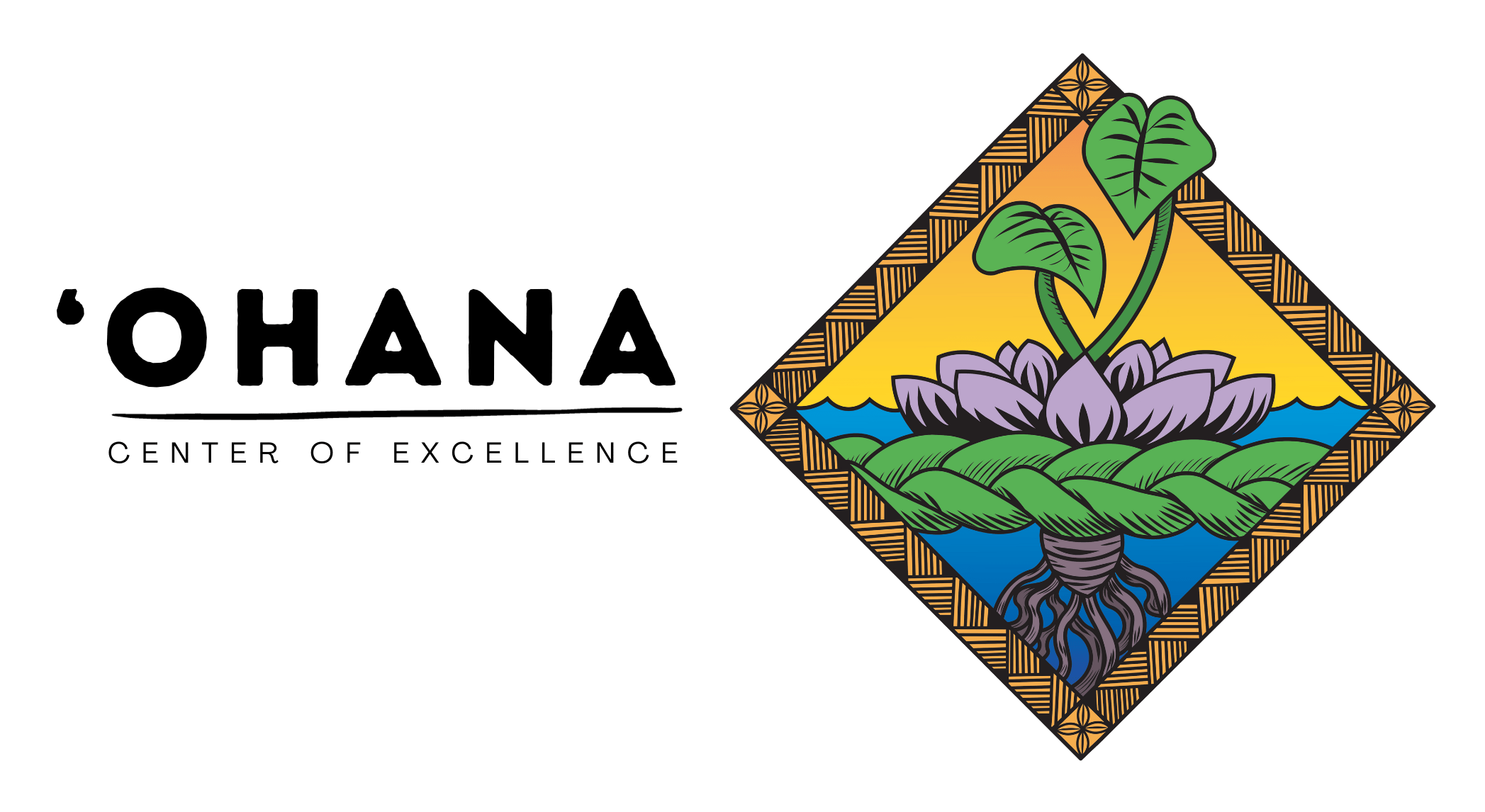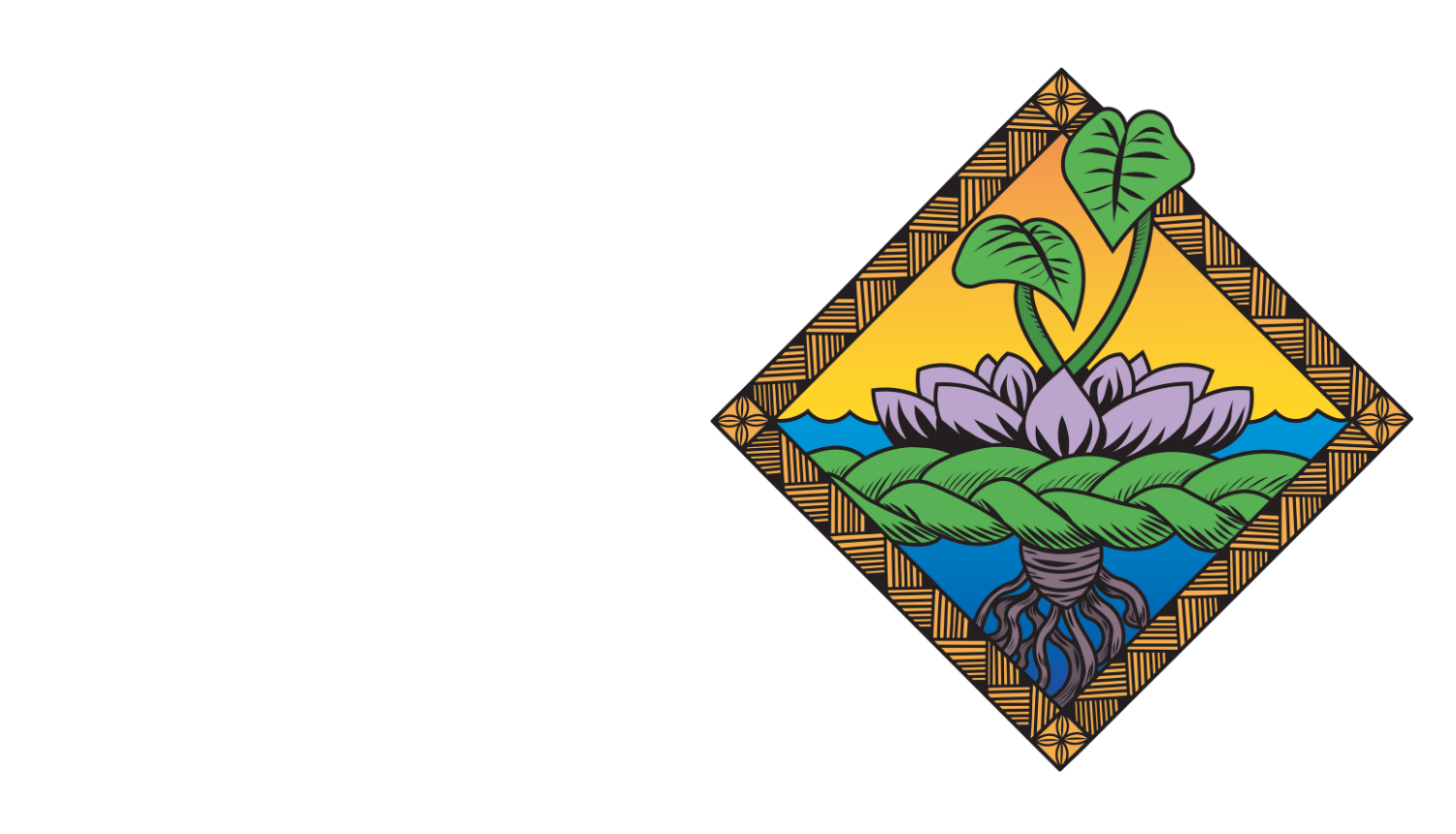The AANHPI ‘Ohana Center of Excellence recently completed year two, and we are excited to share our impact report. The report reflects on our work, our impact, and what we’ve learned from the communities we work with. This report demonstrates our work up through May 2024.
Our Framework
The approach of the AANHPI ‘Ohana Center of Excellence is truly unique. Our work focuses on recentering cultural and historical specificity through community engagement. This enables us to continually disaggregate Asian American, Native Hawaiian, and Pacific Islander (AANHPI) ethnic groups, helping us better understand and address the specific needs of these unique communities.
Our Why
The AANHPI ‘Ohana Center of Excellence caters to a diverse range of Asian Americans, Native Hawaiians, and Pacific Islanders (AANHPI) residing in the U.S., Pacific Islands Affiliated with the U.S., Puerto Rico, and the U.S. Virgin Islands. Numerous public health studies and nonprofit service agencies have highlighted disparities in behavioral health care and outcomes within AANHPI communities. These disparities are influenced by a variety of factors, including demographics, socioeconomic status, and geographic diversity. These factors include, but are not limited to:
- Social and cultural stigma
- Language accessibility
- Model Minority Myth
- Intergenerational trauma
- Limited AANHPI behavioral health providers
- Lack of awareness by behavioral health care providers
- Invisibility of populations regionally
- Lack of specific cultural literacy about familial and land-based models of identity in behavioral health
- Lack of understanding that systemic racism applies to Asian Americans, Native Hawaiians, and Pacific Islanders
- Elevated vulnerability of Asian Americans due to anti-Asian hate victimized by stereotyping and scapegoating for the COVID-19 pandemic
Threaded through all of these factors are spotty data collection and research design in behavioral health studies which tend to aggregate ethnic and cultural groups into each of the pan-racial/ethnic categories of Asian Americans, Native Hawaiians, and Pacific Islanders. It is crucial to recognize that the Asian American community is incredibly diverse, with many sub-ethnic groups that have been historically underserved, underrepresented, and understudied. Similarly, the Pacific Islander community is diverse and dispersed across Pacific Islands Affiliated with the U.S., further complicating the accuracy and inclusiveness of research in these populations.














